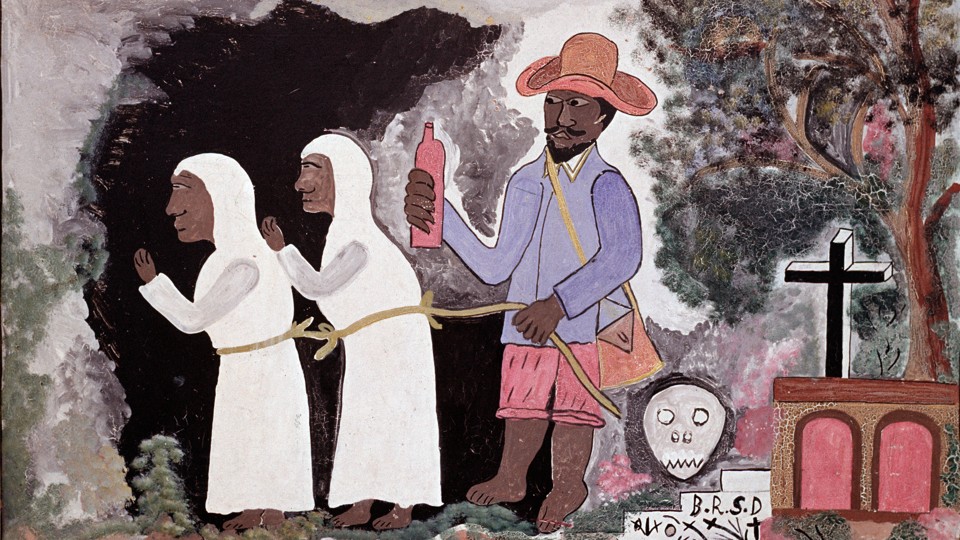nyssenate31.com – The concept of the undead has been a staple in folklore and mythology for centuries, with the zombie being one of the most recognizable and enduring figures. Originating from Haitian voodoo, the zombie has evolved into a cultural icon, representing everything from mindless hordes to sentient beings struggling with their existence. This article explores the origins of the zombie, its journey through popular culture, and the various interpretations that have shaped our understanding of the undead.
Origins of the Zombie
The word “zombie” is derived from the Kikongo term “nzambi,” which means spirit of a dead person. In Haitian voodoo, a zombie is a corpse reanimated by a sorcerer, known as a bokor, through magical rituals. These undead beings were believed to have no will of their own, serving their masters as slaves. The idea of the zombie as a reanimated corpse was popularized in the early 20th century by Western writers and filmmakers, who often portrayed them as mindless, shambling creatures driven by an insatiable hunger for human flesh.
The Zombie in Popular Culture
Early Literature and Film
The zombie first appeared in literature with the publication of “The Magic Island” by William Seabrook in 1929. This book, based on Seabrook’s travels to Haiti, introduced the concept of the zombie to a wider audience. The first zombie film, “White Zombie” (1932), starring Bela Lugosi, followed shortly after, establishing many of the tropes that would become synonymous with the genre.
The Rise of the Modern Zombie
The modern conception of the zombie was largely shaped by George A. Romero’s “Night of the Living Dead” (1968). Romero’s zombies were not the mindless slaves of voodoo but were reanimated by unknown forces, driven by a hunger for human flesh. This film set the stage for the zombie apocalypse narrative, which has since become a staple in horror cinema.
Zombies in Contemporary Media
In recent years, zombies have become a ubiquitous presence in popular culture, appearing in films, television shows, video games, and literature. Series like “The Walking Dead” have brought the zombie genre to the forefront of mainstream entertainment, while video games like “Resident Evil” have popularized the idea of zombie outbreaks caused by scientific experiments gone awry.
Interpretations of the Zombie
Social and Political Commentary
Zombies have often been used as metaphors for social and political commentary. Romero’s films, for example, critiqued consumerism, the military-industrial complex, and the media. The zombie apocalypse has also been interpreted as a reflection of societal fears, such as the breakdown of civilization, the loss of individuality, and the threat of contagion.
Existential and Philosophical Themes
The zombie has also been explored in existential and philosophical contexts. Films and literature have delved into the nature of consciousness, the fear of death, and the desire for immortality. The undead state of zombies raises questions about what it means to be alive and the value of human existence.
Conclusion
The zombie has transcended its origins in Haitian voodoo to become a universal symbol of the undead. Through its various incarnations in popular culture, the zombie has been imbued with a range of meanings, from mindless horror to complex social commentary. As long as humanity continues to grapple with its fears and fascinations with death and the afterlife, the zombie is sure to remain a compelling figure in our cultural imagination.
